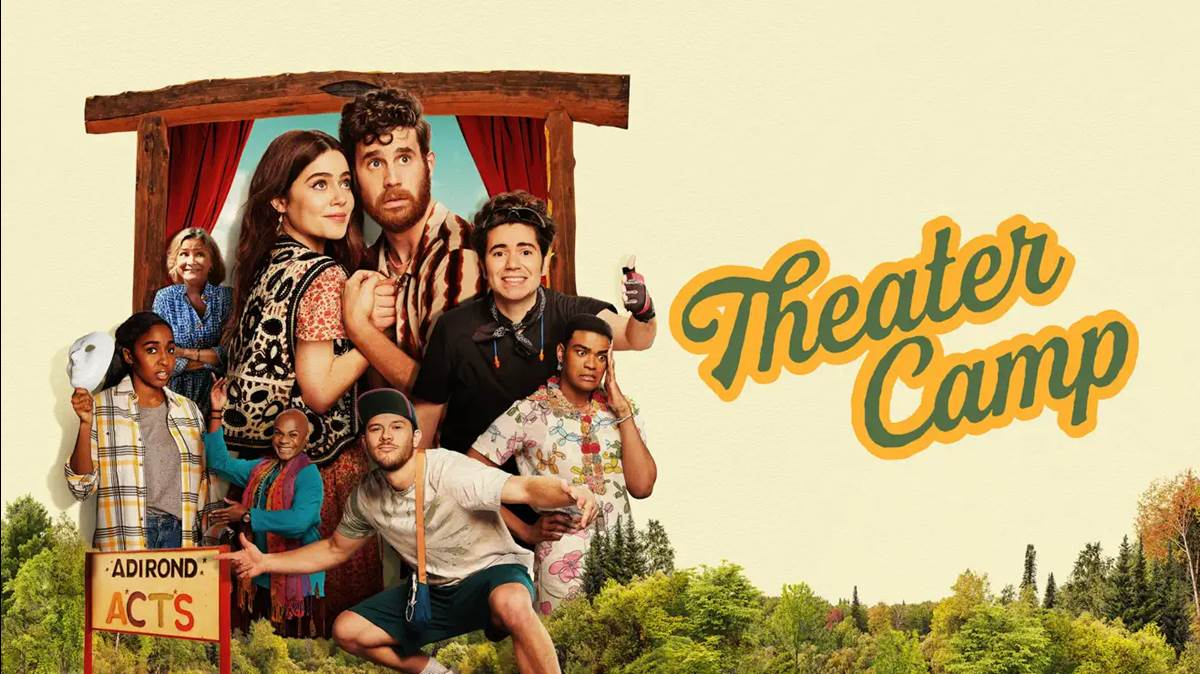Director Ridley Scott's epic study of war and ambition, Napoleon, tells two stories -- one of a military genius whose daring and precision were unmatched for a while in the late 18th and early 19th centuries and the other of a severely flawed and emotionally stunted man. The picture is most involving during the elaborate battle scenes Scott has spared no expense in staging with an exacting master's eye for detail. They are brilliant, stirring and bloody and might be painful for some to watch in light of events in the Middle East. The film droops when probing Bonaparte's storied egoism that led the great general and emperor to conflate his personal will and triumphs with those of his country. He WAS France for a while. The source of his narcissism is left to speculation, which might be just as well. Joaquin Phoenix plays the taciturn Napoleon, whose ambitions, fueled by the insatiable hunger for power and admiration, would eventally turn all of Europe, which he had hoped to rule, against him. A savvy strategist in battle, Napoleon was lost in his marriage to the willful, and willfully unfaithful, Josephine (a never-better Vanessa Kirby). Though he seemed to love her desperately (or maybe more precisely needed her to love him desperately) Josephine's inability to bear an heir to succeed Napoleon as emperor -- even though she had two children from a previous marriage -- led Bonaparte to divorce her, ostensibly for the nation's future. But in Scott's telling, it is clear Bonaparte felt diminished by not having a son and could not live with the possibility others would pity him. Still, his attachment to Josephine never waned over the years of their separation, his exile and return, and ultimate defeat at Waterloo. The film's unevenness is not because of the performances -- I did not detect any weak links in the large cast -- but in the vastness of the movie's ambitions. A subject as enormous as Napoleon Bonaparte requires more time, I think. The 4-hour cut of the picture which will be streamed on Apple TV might fill in some of the narrative holes and offer a more fully satisfying viewing experience.


























.jpg)


